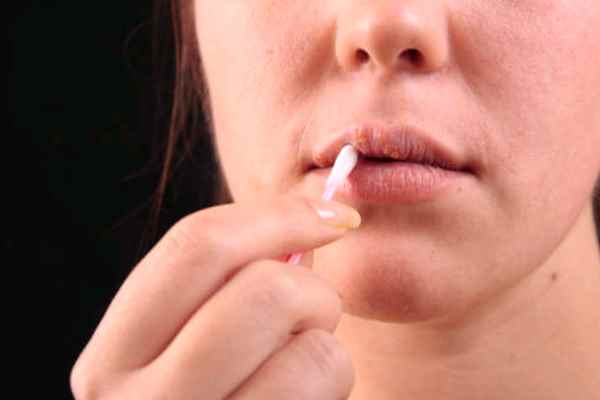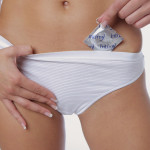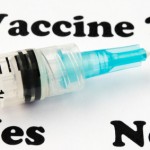Absolute curbing of the herpes virus is old news. Recent figures show that even after taking high does medicine to stop symptoms of genital herpes, you are still capable of spreading the herpes virus to your sexual partners.
Taking strong enough medicine can allow all of your herpes symptoms to disappear. However, that does not mean that you can consider yourself being the same as someone who does not have herpes at all. Studies show that even the strongest of medicine does not completely stop the shedding of the herpes virus.
Researcher Christine Johnston says that even when the patient is taking extremely high doses of anti-herpes drugs, they are still likely to undergo short periods of “shedding”, where herpes virus is released from the body.
One out of five people in Europe and America carry the herpes simplex virus 1 and herpes simplex virus 2, although not everyone may show the symptoms of it. Symptoms include the spreading of painful sores on the skin of the genital area or the rectum. There are no absolute cure for the herpes infection, there are only medicines to curb the symptoms, such as valacyclovir and acyclovir. Since there are no medicine to properly get rid of the virus, that means no one can be completely cured if they are once affected by HSV 1 or HSV 2.

There has been clinical trials recently, only to show that treatment of the herpes symptoms cannot completely reduce the risk of spreading the herpes virus to your sexual partner. The clinical trials had people affected by the herpes virus on a strong medication. On the first go, volunteers are asked to have a regular 400 mg pill of acyclovir two times a day. The volunteers were tested for HSV 2 in their genital and rectal regions four times a day by swabbing them for eight to fourteen weeks. The results showed that the person was 95% less likely to show positive for HSV 2, however, they were tested positive 3% of the time.
In the next studies, the volunteers that were taken often suffered from severe outbreaks, and thus they were given a higher dose of medication, 800 mg acyclovir three times a day or other medication in different doses to give a similar result. The results showed that the volunteers tested positive 7% of the time, proving that even strong medication does not stop periodical herpes shedding.
The results prove that the herpes virus is not exactly dormant during its inactive periods, and is willing to find a way out of the body to latch onto another body. Thus extra precaution is required by the infected person at all times.
The good news is that treatment radically decreases the chances of your partner contracting herpes from you, however, the bad news is that the chances are never zero. Researchers encourage patients to use condoms and safe sex practices as these will lessen the changes of spreading herpes any further.



